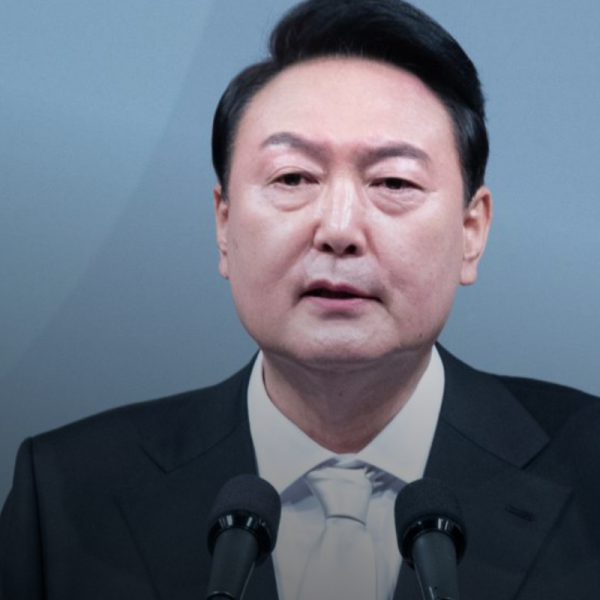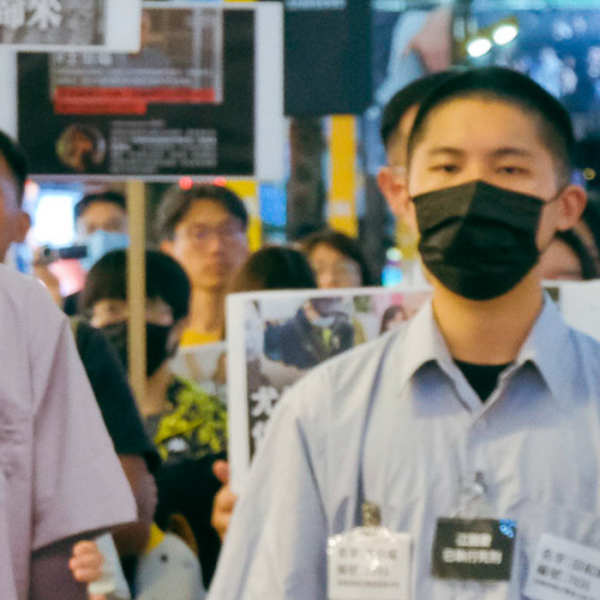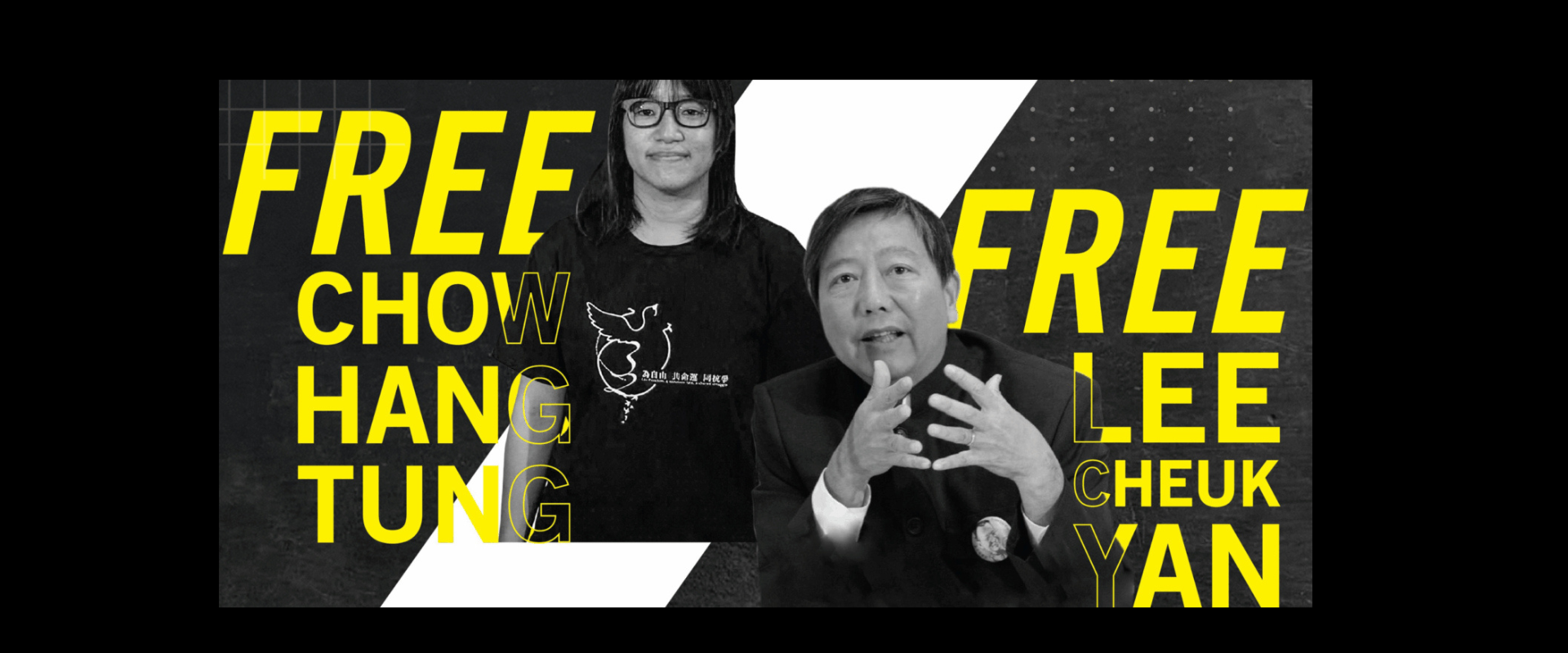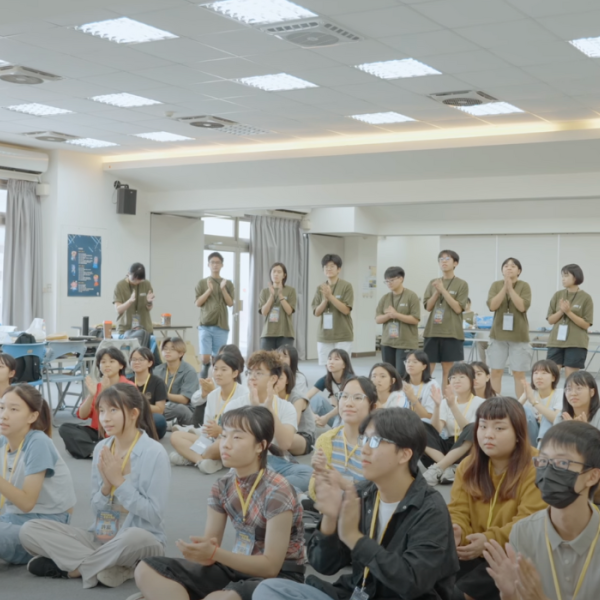歡迎蒙古停止執行死刑
國際特赦組織新聞稿
2009年1月14日
國際特赦組織歡迎蒙古政府今天正式宣佈全面停止執行死刑。
國際特赦組織認為,Tsakhia Elbegdorj總統積極提升蒙古人權保護的這項作為,是值得歡迎的重大發展,為徹底廢除死刑邁出了關鍵性的一步。
國際特赦組織亞太區副主任阮柔安(Roseann Rife)表示:「透過宣佈停止執行死刑,蒙古政府已展現出對人權的高度承諾。國際特赦組織敦促其他亞太國家追隨蒙古所樹立的典範。」
亞洲各國處決死囚的人數至今仍高於全世界其他地區的總和。根據國際特赦組織估計,在2008年,亞洲各國至少處決了1,838人。
在中國、蒙古、越南和北韓,死刑的判決和執行過程都被層層掩蓋,缺乏透明性(transparency)。
阮柔安說:「蒙古必須儘快修改保護國家機密的法律,終結死刑適用的不透明狀態。透明性不但是一個開放、自由社會的基本條件,也是邁向廢除死刑的重要步驟。」
蒙古總統2009年至少給予三位死囚減刑。在蒙古,死刑是以秘密方式執行,也無法取得死刑和處決的官方統計數字。監所對於死刑受刑人的待遇據報非常惡劣。處決死囚之前不會通知其家屬,遺體也不會發還給家屬。
全世界三分之二以上的國家都已在法律上或實務上廢除死刑。2008年,有106個國家投票贊成聯合國大會呼籲停止執行死刑的決議。
阮柔安說:「我們期待蒙古在2010年支持聯合國大會的決議,並敦促亞太其他國家跟進。」
2010年,蒙古的人權狀況將接受聯合國人權理事會的普遍定期審查(Universal Periodic Review)。
背景資訊
聯合國大會將在2010年第三度討論呼籲停止執行死刑的決議。蒙古曾在2007和2008年對這項決議投下反對票,還有中國、印度、印尼、北韓、馬來西亞、新加坡、泰國和日本也是。2008年,共有106國投票贊成這項決議,46國反對,34國棄權。
國際特赦組織認為死刑是最殘酷、不人道和有辱人格的懲罰,因此在任何情況下均反對死刑。死刑具有歧視性,被不成比例地施用於貧窮、少數族群和種族或宗教上的弱勢團體,而且是國家暴力的終極表現。沒有任何證據能夠證明死刑對於嚇阻犯罪比其他嚴厲刑罰更有效。
如須進一步資訊,請冾詢國際特赦組織亞太區辦公室(香港),電話:+852 2385 8319;或冾詢國際特赦組織新聞部(倫敦),電話:+44 20 7413 5566 或 email:press@amnesty.org。
[ENGLISH]
AMNESTY INTERNATIONAL PRESS RELEASE
14 January 2009
Mongolia: moratorium on executions welcomed
Amnesty International welcomes the announcement made by the government of Mongolia today declaring an official moratorium on executions in the country.
Amnesty International believes President Tsakhia Elbegdorj has taken a bold move for the protection of human rights in Mongolia and welcomes this important development as a key step toward full abolition of the death penalty.
“The government of Mongolia has shown that it has a strong commitment to human rights by introducing a moratorium on the death penalty. Amnesty International urges other countries in the region to follow Mongolia’s example,” said Roseann Rife, Amnesty International Asia-
Pacific deputy director.
Asia continues to execute more individuals than the rest of the world combined. Amnesty International estimates at least 1,838 individuals were executed in 11 countries in Asia in 2008.
In China, Mongolia, Vietnam, and North Korea, executions and death penalty proceedings are shrouded in secrecy and a lack of transparency.
“Mongolia must quickly amend its law on state secrecy to end the lack of transparency in the application of the death penalty. Transparency is an essential element of an open and free society but also an important step towards abolition,” said Roseann Rife.
The President of Mongolia commuted the death sentences of at least three people in 2009. Executions are carried out in secret in Mongolia and no official statistics on death sentences or executions are made available. Prison conditions for death row inmates are reported to be poor. Families are not notified in advance of the execution and the bodies of those executed are not returned to the family.
More than two-thirds of the world’s countries have abolished the death penalty in law or practice. In 2008, 106 countries voted in favour of the United Nations General Assembly (UNGA) resolution calling for a moratorium on executions.
“We look forward to Mongolia’s support for the UNGA resolution in 2010 and urge other nations in the region to follow suit,” said Roseann Rife.
In 2010 Mongolia’s human rights situation will also be reviewed under the United Nations Human Rights Council Universal Periodic Review.
Background
The UN General Assembly will consider a third resolution calling for a moratorium on executions in 2010. Mongolia voted against the UNGA resolutions adopted in 2007 and 2008, as has China, India, Indonesia, North Korea, Malaysia, Singapore, Thailand and Japan. In 2008, 106 countries voted in favour of the resolution, 46 voted against and 34 abstained.
Amnesty International believes the death penalty is the ultimate cruel, inhuman and degrading punishment and opposes the death penalty in all cases. The death penalty is discriminatory, used disproportionately against the poor, minorities and members of racial, ethnic and religious communities and it the ultimate act of state violence. There is no evidence that it is any more effective in reducing crime than other harsh punishments.
For more information please contact Roseann Rife at Amnesty International’s Asia-Pacific Regional Office in Hong Kong on +852 2385 8319 or +852 9103 7183(m) or call Amnesty International's press office in London, UK, on +44 20 7413 5566 or email: press@amnesty.org
International Secretariat, Amnesty International, 1 Easton St., London WC1X 0DW, UK www.amnesty.org
Shaista Aziz
Press Officer
Asia Pacific
+44 (0)207 413 5871
Mobile: +44 (0)7904398103
更多影音
- 全球
酷刑工具是如何被警方用來針對示威者?
- 全球
阿姆內斯提青春大舞台 2024高中生人權營
失去眼睛的警察暴力倖存者萊迪述說她的遭遇
- 全球









